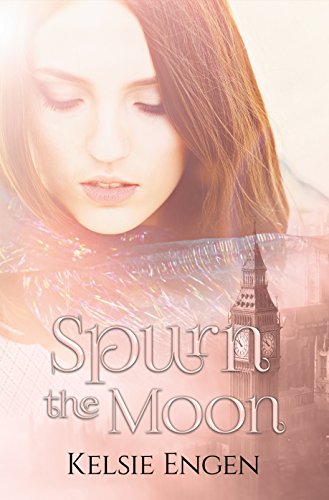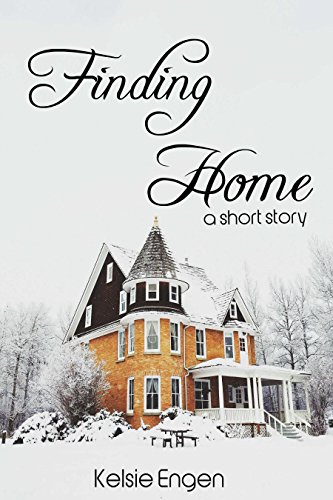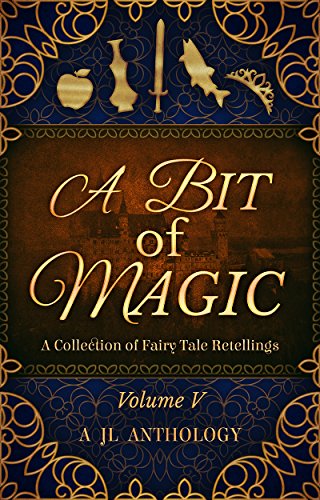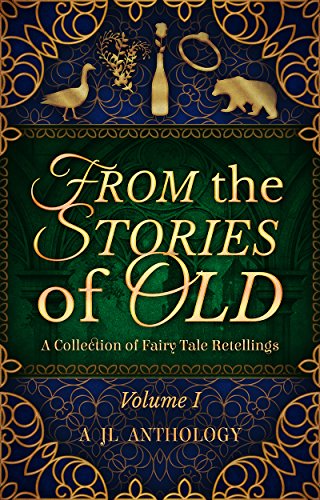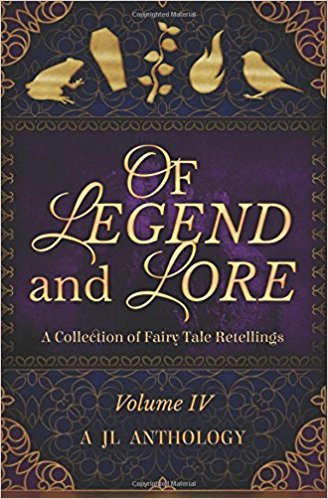How to Correctly Use Quotation Marks
How to Correctly Use Quotation Marks
One of the things I commonly see people misusing are quotation marks. Single quotes (otherwise known as the apostrophe) or double quotes, have a multitude of ways to be misused. And all of them are cringeworthy.
If that’s not bad enough, what about this one?
I don’t know what kind of pregnant “pregnant” might be, but nothing in this situation would require quotation marks! source
Common uses for quotation marks:
dialogue
direct quotations
titles of works
Quotation marks should NOT be use for:
emphasis
some titles (depending on stylebook)
DIALOGUE
For fiction writers, dialogue is usually where most quotation marks are found. And the rules for it are really quite simple. Almost always, the punctuation mark goes within the ending quotation mark.
For example:
- "I love it," Sandy said.
- "I love it!" Sandy said.
- "Do you love it?" Sandy asked.
- Sandy asked, "Do you love it?"
And keep these examples of quotes within quotes in mind for later:
- "Jane, did you hear Sandy say, ‘I love it’?"
- “Jane, Sandy said ‘I love it’! Isn’t that great?"
DIRECT QUOTATIONS
When you are quoting someone else's work, things are pretty cut and dry. Put the material that you quote inside a set of quotation marks.
E.g.
- Shakespeare wrote, "All the world's a stage."
- "Whose woods these are I think I know," begins one of Robert Frost's most famous poems.
Quotation marks with other punctuation marks.
If you are quoting something and you change something from a statement into a question, you would do the following:
- Did Shakespeare write the phrase, "All the world's a stage"?
Because the question mark does not belong to the phrase being quoted, you would put that question mark outside of the quotation. You would do the same with an exclamation point.
- I'm telling you, Shakespeare wrote the phrase, "All the world's a stage"!
- Did you hear her yell, "I'm telling you, Shakespeare wrote the phrase, 'All the world's a stage'!"?
The exception would be commas and periods. In American English, we place commas and periods inside the quote even if the comma or quote didn't originally go with the quoted material.
- Shakespeare wrote the phrase, “All the world’s a stage.”
Single quotation inside double quotations.
Often you'll see single quotes inside of double quotes. (I did this above in the last example, as well as others, but it may warrant a bit of clarification.)
This is done when you're quoting something within a set of quotation marks. If you see this in fiction, it'll probably be a character quoting another character or making some other direction quotation like quoting a line of a poem or even stating a poem’s title.
Example:
- "Earl said he was 'tired of the drama,'" I said.
- "Earl said he was 'tired of the drama' from being married to Lucy,” I said.
- "Did Earl say he was 'tired of the drama'?" I asked.
-"I just heard Earl say he was 'tired of the drama'!" I exclaimed.
* Note the punctuation ending the quoted material.
TITLES
For CMS, quotation marks are used around the titles of short stories and other creative works.
E.g.
If you are naming an article, chapter, or other shorter work, you should set the title in roman font and enclose in quotation marks. For example, "Ode on a Grecian Urn" by Keats is correct, but it "Good Housekeeping" is incorrect.
Instead, according to CMS rules, the magazine title Good Housekeeping would be capitalized and set in italics.
It is only titles of books and periodicals that are italicized according to The Chicago Manual of Style.
WHEN SHOULDN'T YOU USE QUOTATION MARKS?
So we've talked about the main times to use quotation marks, but what about what you don't use them for?
Please, don't use them for emphasis; instead use italics or bold type.
Also, as mentioned in the titles section, you should not use quotation marks for all titles. Instead, check your stylebook or only use quotations for titles of shorter works like articles or poems or song titles.
I hope this helps you in your quest to use quotation marks correctly. And if in doubt, run to your stylebook. Make it your friend and bookmark those pages. (Or sticky note or dog-ear...)
*For the sake of this blog, and because I edit novels and fiction in American English styles, all my examples are formatted according to The Chicago Manual of Style.
